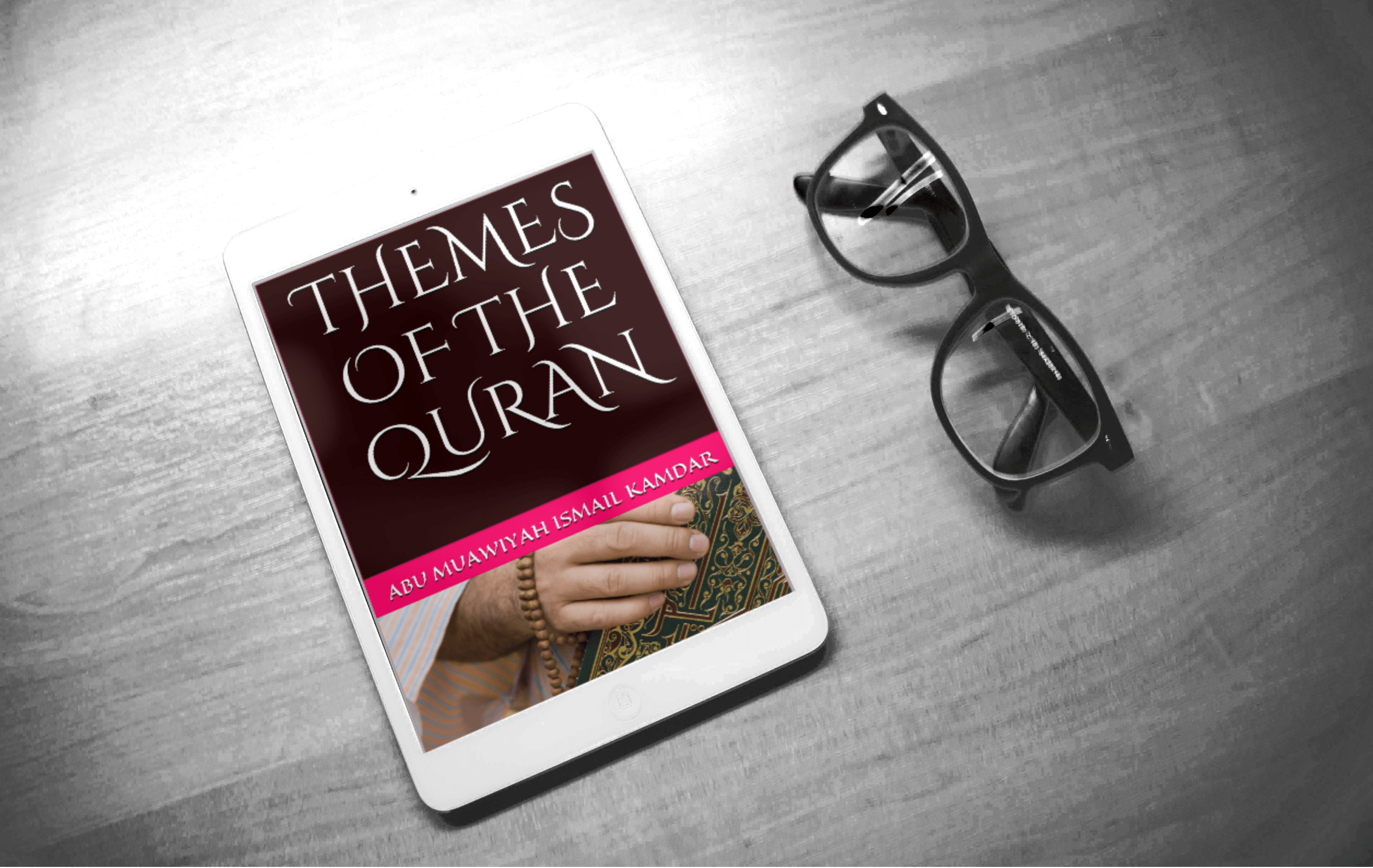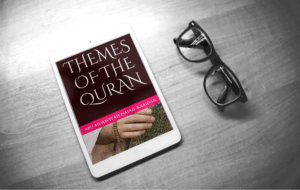Heart of the Quran
One of the most beloved Surahs in the Quran is Surah Yaseen. It is known to many of us as the heart of the Quran, and it is our culture to recite Surah Yaseen for the dead, and it is recommended in the hadith to recite Surah Yaseen for those who are passing away. This is a Surah that many of us are familiar with, but do we take the time to study its meanings and reflect on its lessons. Today I want to share with you a short explanation of this Surah based upon its primary themes.
Surah Yaseen is an early Makkan Surah, and this shapes its themes. During the Makkan phase of the Dawah, the Prophet (pbuh) was primarily preaching to a pagan community that rejected prophethood, the afterlife and the oneness of Allah. This Surah focuses on these three core themes: Prophethood, Afterlife and Oneness of Allah. If there is one theme that runs throughout the Surah as its central message, it is the reality of the Afterlife and the importance of preparing for it.
The Message and the Messenger
Let’s go through some important sections of this Surah to see how to calls on us to reflect on these key ideological themes.
The Surah begins with a reminder that:
- The Quran is revelation from Allah
- Muhammad is the messenger
- Calling to the straight path
- And Warning to those who reject the message about the punishment of the Afterlife
This opening passage brings forward the themes of the Surah regarding prophethood, tawhid, and Afterlife, in a few short powerful verses. These three concepts make up the three core elements of Aqeedah (Islamic Theology): Tawhid, Risaalah, Akhirah.
This is followed by a story about three prophets being sent to a nation. The nation rejected those prophets, aside for one man, and that man was killed by the disbelievers. The Surah ends by reminding us that this martyr is in Paradise, and those disbelievers were destroyed and punished for their rebelliousness. Note some key lessons from this story. In this story, Allah draws out attention to the fact that past nations also received messengers and that this is not something new.
This story also reminds us about the Afterlife, and that the believer made it to Paradise and wished he could change people’s minds so they too could choose the path to Paradise. The story ends with a reminder that Allah destroyed this nation for its rebelliousness. This is a reminder both to the pagans of Makkah at the time of revelation and to leading civilizations today. Never think that you are too powerful and cannot be defeated. All it takes is a single instance and Allah can reduce an entire nation to dust, as he has done in the past.
Signs of God
The next portion of the Surah focuses on the proofs of Allah’s existence and oneness. This surah is full of verses calling on us to reflect on the signs around us. Everything in the Heavens and earth remind us about the Glory and Majesty of the One True God, the Creator of Allah, Al-Khaliq, Allah. In this powerful section, we are told to reflect on these signs including three key signs:
- The natural wonders of the earth
- The magnificent wonders of the universe
- The gifts that Allah has gifted humans with our ability to invent and develop new technologies (Quran 36:33-45)
These three sign are brought forward for us to reflect on so that we are grateful to Allah, worship Him alone and dedicate our lives to Him.
The Inevitable Afterlife
The Surah concludes with a lengthy reminder about the Afterlife. We are reminded that we will all leave this world, journey to the next, and answer for our deeds. Those who lived their lives in preparation for the Afterlife will experience great peace and eternal Paradise. Those who neglected their Lord and purpose will face dire consequences in the Afterlife. Note that we recite this Surah for those who are passing away to remind them that death is inevitable and that they are now transferring to the next portion of this journey of the soul.
The surah ends with a beautiful example that serves a double purpose: it is a sign of the existence of Allah and a reminder of the resurrection. The surah ends with these powerful verses:
Does the human being not consider that We created him from a seed? Yet he becomes a fierce adversary. And he produces arguments against Us, and he forgets his own creation. He says, “Who will revive the bones when they have decayed?”
Say, “He who initiated them in the first instance will revive them. He has knowledge of every creation.” He who produced fuel for you from the green trees, with which you kindle a fire. Is not He who created the heavens and the earth able to create the like of them? Certainly. He is the Supreme All-Knowing Creator.
His command, when He wills a thing, is to say to it, “Be,” and it comes to be. So, glory be to Him in whose hand is the dominion of everything, and to Him you will be returned. (Quran 36:77-83)
The final verse summarizes this theme beautifully, glory to be the One who controls everything and to whom we will return. The main lesson that we should all take from this beautiful surah is that life is fleeting, death is inevitable, and we must spend our lives preparing for and building our afterlife. We will return to Allah, we will answer to Him for how we lived our lives, and we will face a final judgment in which our Afterlife will be determined. Surah Yaseen, therefore, should not just be something we recite mindlessly. Even when reciting it around those who are passing away or those who have moved on, we should recite and reflect on its core message. Life is short, death will happen, what have you prepared for the Afterlife?
Importance of Tabaddur
Just two Surahs after Yaseen in Surah Saad, Allah describes the Quran as follows in verse 29:
كِتَابٌ أَنْزَلْنَاهُ إِلَيْكَ مُبَارَكٌ لِيَدَّبَّرُوا آيَاتِهِ وَلِيَتَذَكَّرَ أُولُو الْأَلْبَابِ
A blessed Book that We sent down to you, that they may ponder its Verses, and for those with intelligence to take heed. (Quran 38:29)
The Quran was revealed to be a book of guidance for us. I just want to remind us all that we must make time to study the Quran and reflect on its meanings. Tadabbur (reflection) is an important act of worship that every believer must engage in. When you recite Quran, take time to reflect on what the message of the Quran is, how it relates to your life, and what you can do to act upon this message. It is only when we develop this deeper relationship with the word of Allah that we will truly begin to appreciate the role that the Quran plays in our lives. Make time for reflection to gain a deeper understanding of the Quran.
Learn more with our Themes of the Quran ebook, on sale here: https://islamicselfhelp.gumroad.com/l/izbAn






